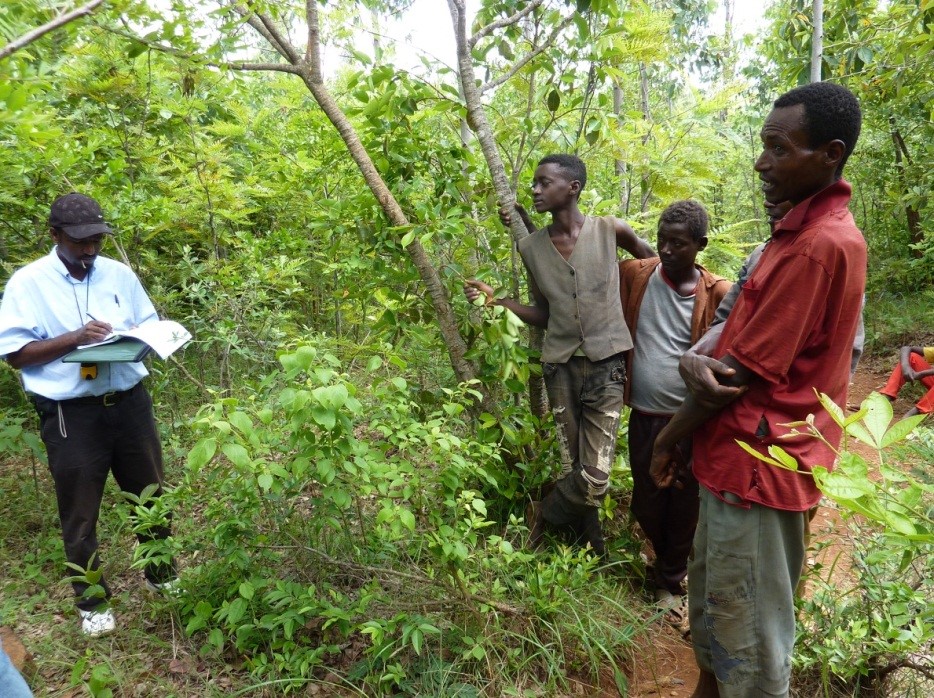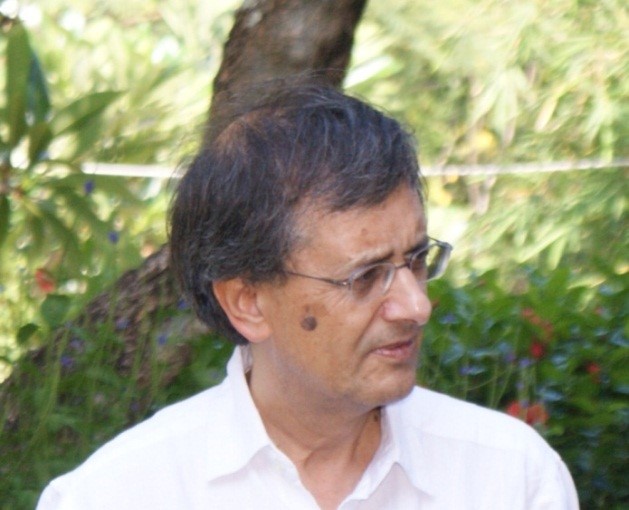This presentation summarizes selected findings from a USAID/FCMC study, conducted in 2013, of four forest carbon projects in three eastern African countries that combine carbon credits with community and biodiversity objectives. The projects exhibit different ecological, governance, social, carbon standard and natural resources management circumstances, yet the comparative study reveals several generalizations. Among key findings:

- Community-based carbon projects provide a long-term institutional framework for reforestation or afforestation, but no guarantee of permanence.
- Investment costs are high, needing large financial input from proponents and high labor and opportunity cost inputs from community members.
- While net financial benefits to proponents are likely over the long term, the low carbon price implies that basic financial assumptions of “payment for environmental services” or “polluter pays” schemes are not met.
- Community members regard carbon credit payments as inadequate for the labor and land invested, but value social, livelihood and perceived environmental benefits that the projects promote.
- Biodiversity benefits are apparent, but remain largely unquantified despite being requirements of the voluntary standards used.
Event Resources:
Click here to download the presentation slides
Click here to watch the presentation webinar
Click here for a summary report of the Eastern Africa – Forest Carbon Projects Study via FCMC-USAID

Ian Deshmukh is engaged with USAID’s Washington-based Forest Carbon, Markets and Communities (FCMC), and Africa and Latin American Resilience to Climate Change (ARCC) programs, as well as USAID/Uganda’s Environmental Management for the Oil Sector Activity. Dr. Deshmukh is also team leader on the Forest Carbon Partnership Facility-funded Strategic Social and Environment Assessment as part of Liberia’s REDD-Readiness program.


Add a Comment